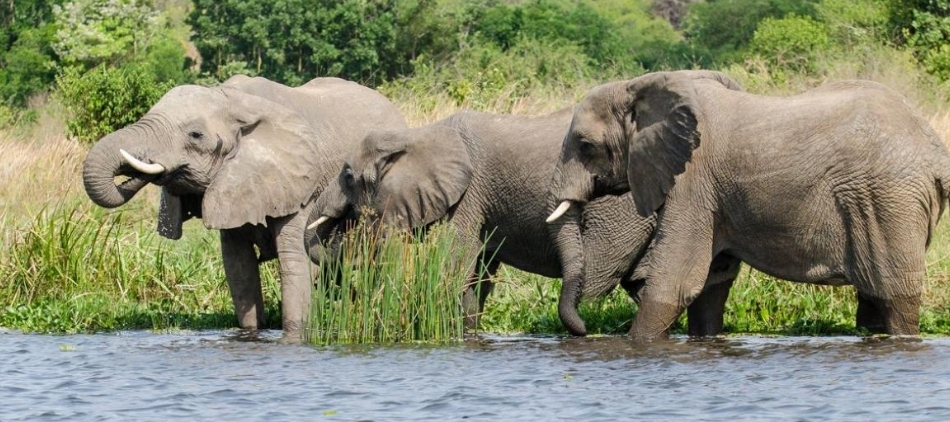A Yemeni national identified as Al-Maamari Maged Mutahar Ali has been arrested after he was allegedly found in possession of rhino horns weighing 15 kilograms.
According to a press statement dated May 29, Uganda Wildlife Authority (UWA) says Ali was arrested by its canine unit after 3am on Saturday at Entebbe International Airport.
The Yemei national was found in possession of 26 pieces of rhino horns, which “were concealed in food items to disguise their identity but our highly trained dogs were able to detect them,” the statement adds.
Ali was later handed over to Aviation police station at the airport for further management of the case.
UWA is urging the public to desist from engaging in wildlife crimes because the authority has built capacity over the last 25 years to detect and appropriately engage those involved in wildlife crime such as wildlife trafficking among others and ensure they face the law.
The authority reiterates its resolve to “make Uganda a dangerous place for anyone involved in wildlife trafficking.”
Conservationists regard Uganda as a destination and transit route trafficked wildlife species namely pangolins, pangolin scales, elephant tusks, tortoises, African Grey Parrots and rhino horns.
In 2020, 373 cases of wildlife crimes were taken to court compared to 513 in 2019.
Last year, Dr James Musinguzi, the Executive Director of Uganda Wildlife Education Conservation Centre , also known as Entebbe Zoo, said that wildlife crimes generate between 7 million US Dollars to 23 million US Dollars a year. These crimes threaten biodiversity conservation and also tourism revenues.
However the conservationists like Musinguzi and UWA are optimistic that the penalties in the Uganda Wildlife Act, 2019 will curb trafficking, illegal hunting, wounding and killing, possession, selling, buying and transferring of protected wildlife species among others.
The maximum penalty is a fine of shillings 20 billion or life imprisonment of both on conviction, particularly offenses related to wildlife species which are critically endangered, are nearly threatened or extinct in the wild among others.

